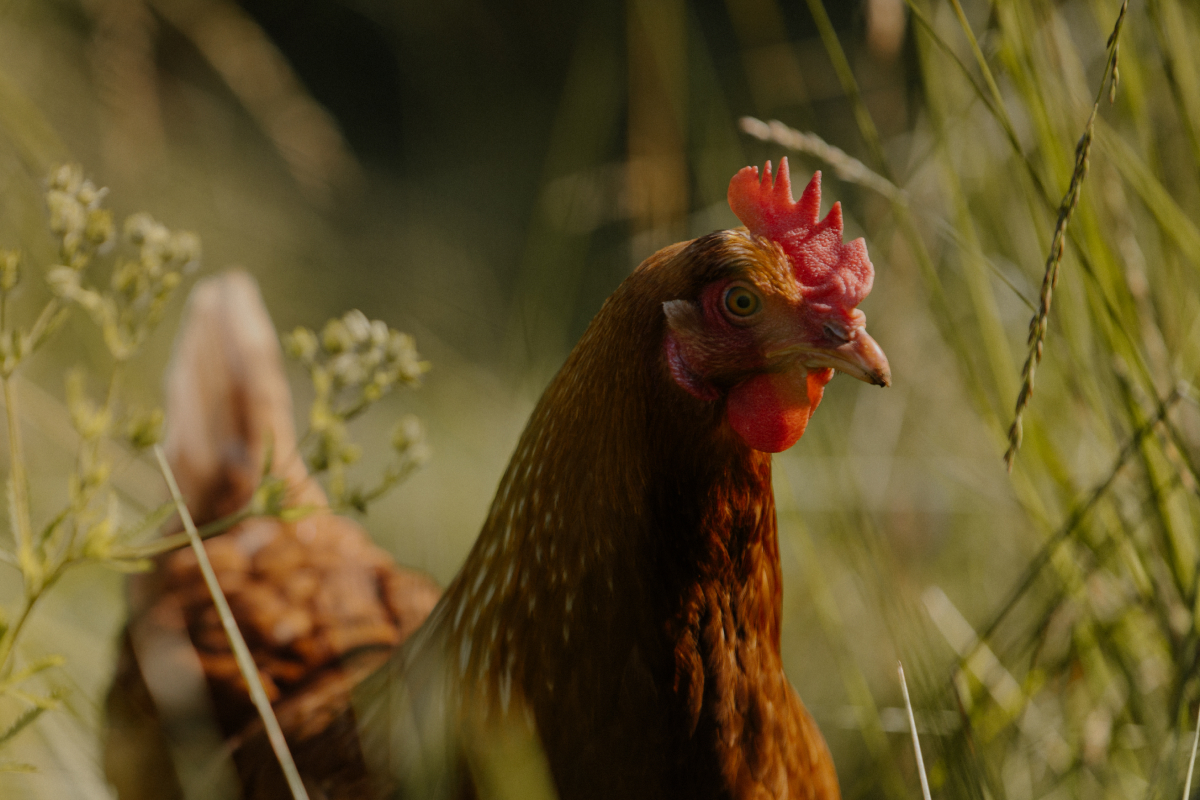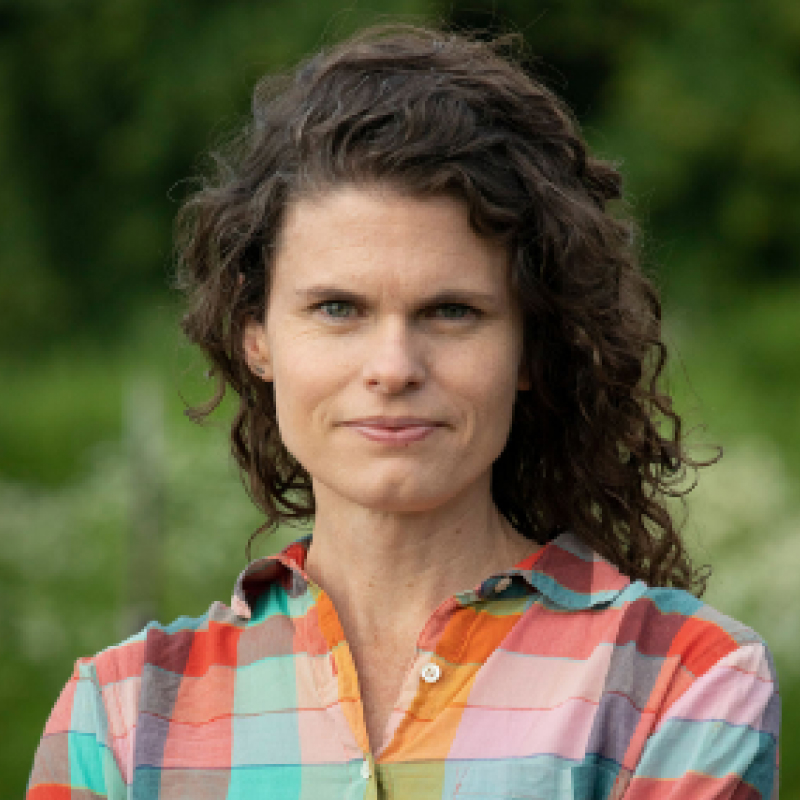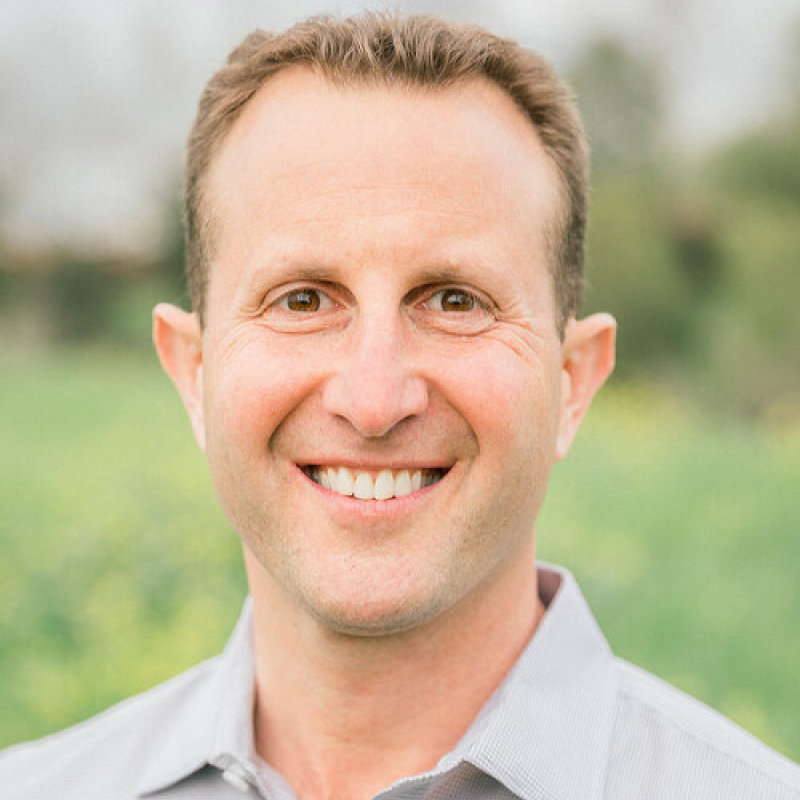Chickens are curious, social, loving beings. Sadly, the vast 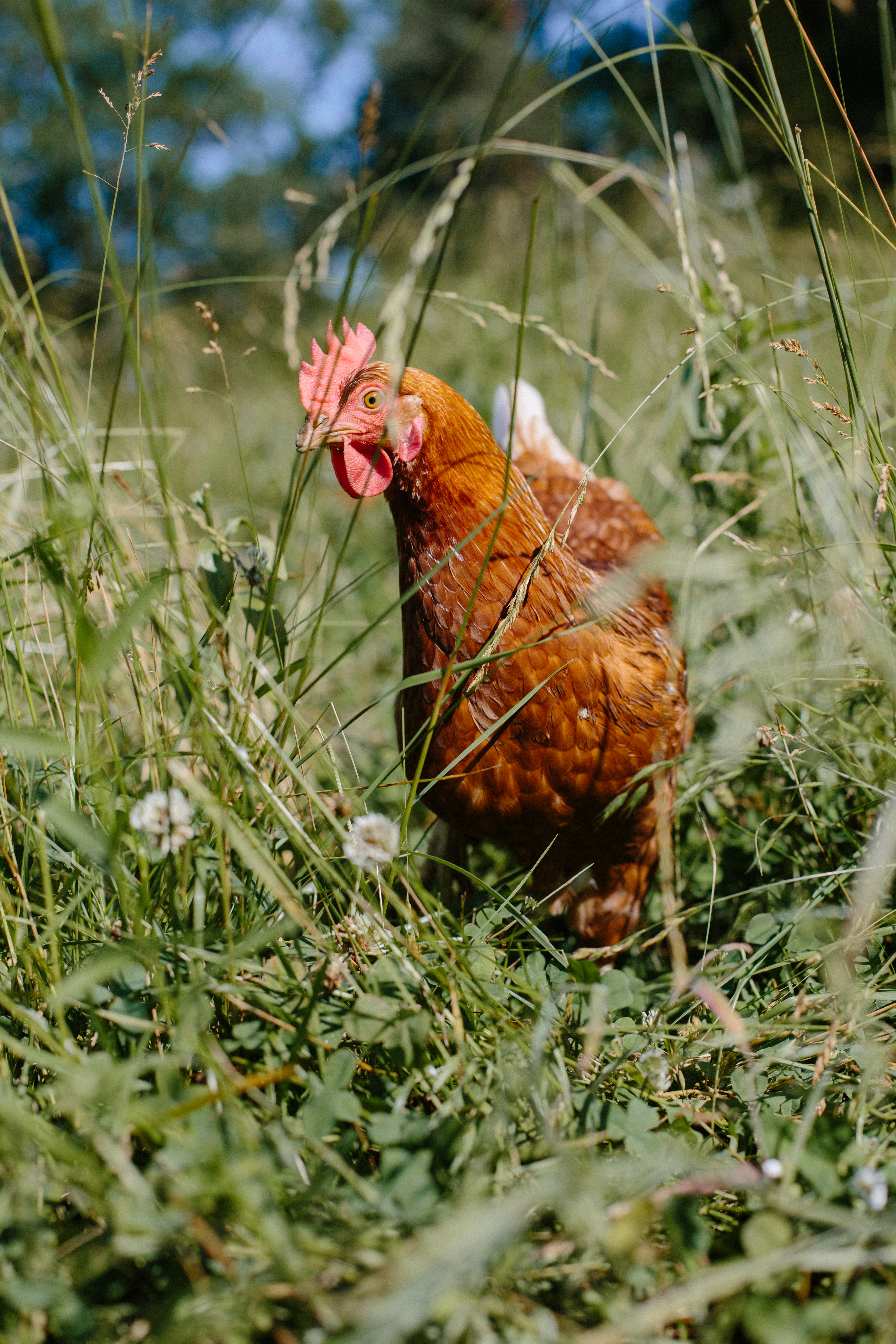 majority of egg-laying hens spend their lives so tightly squished into cages that they are unable to move. Usually debeaked so they won’t harm one another from stress, they’re in chronic pain, suffer severe feather loss, and never see the light of day. Founded in 2007 by Matt O’Hayer (founder and former president of the Organic Egg Farmers of America) and his wife Catherine Stewart, Vital Farms set out to prove that it was possible to offer delicious, quality eggs produced by happy, humanely treated hens in an environmentally-conscious way. And, on top of that, to do it on a commercial scale. From this vision grew a thriving collective of 200 small farms who ensure their “girls” enjoy sunshine, seasonal grasses, and a bit of mischief while supplying enough eggs to keep Whole Foods, Krogers and a growing number of customers well fed. They even include each farm’s name on every package so you can take a virtual, 360-degree peek at the chickens via the Vital Farms website.
majority of egg-laying hens spend their lives so tightly squished into cages that they are unable to move. Usually debeaked so they won’t harm one another from stress, they’re in chronic pain, suffer severe feather loss, and never see the light of day. Founded in 2007 by Matt O’Hayer (founder and former president of the Organic Egg Farmers of America) and his wife Catherine Stewart, Vital Farms set out to prove that it was possible to offer delicious, quality eggs produced by happy, humanely treated hens in an environmentally-conscious way. And, on top of that, to do it on a commercial scale. From this vision grew a thriving collective of 200 small farms who ensure their “girls” enjoy sunshine, seasonal grasses, and a bit of mischief while supplying enough eggs to keep Whole Foods, Krogers and a growing number of customers well fed. They even include each farm’s name on every package so you can take a virtual, 360-degree peek at the chickens via the Vital Farms website.
Many consumers think free range, cage-free, and pasture-raised are interchangeable. Could you explain the difference?
Vital Farms began pasture-raising hens in 2007. Our founder, Matt O’Hayer, set out to raise high-quality food by treating the animals right. Armed with a small flock of hens, he maintained a strong belief that a varied diet and better animal welfare practices would lead to superior eggs.
There are no stringent government definitions in the U.S., so many look to certifiers to verify how they raise eggs. We defined the pasture-raised egg category by following European-rooted standards codified by the Certified Humane Program, which require each hen to have at least 108 square feet of land and daily outdoor access. Large egg companies offer commodity eggs sourced from caged hens, and in an attempt to address growing consumer demand for ethically produced and higher quality eggs, they have also grown their cage-free and free-range offerings. Our consumers consistently tell us that Vital Farms eggs provide a richer taste and color than other eggs on the market, and we believe this can be attributed, in part, to the ‘goodies’ the pasture-raised hens forage.
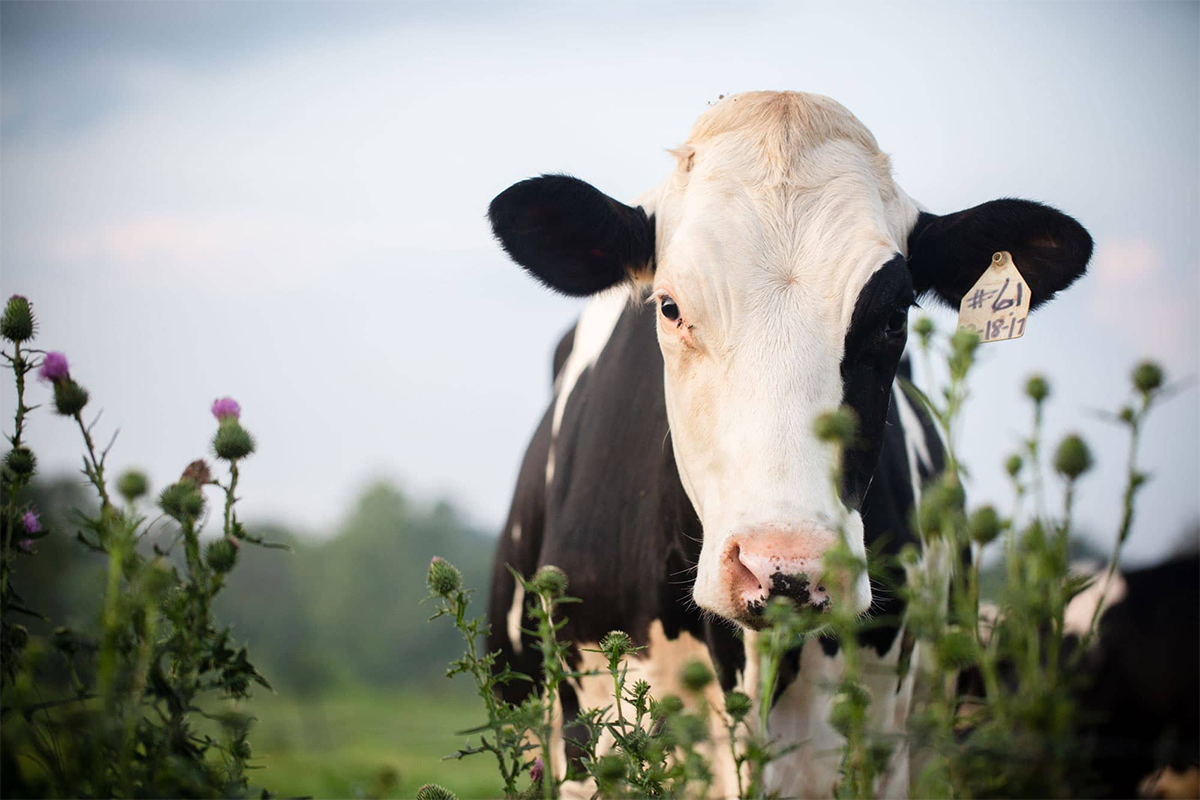
What’s a typical day like on one of your farms?
Vital Farms works with approximately 200 small family farms here in the U.S. across an area of the country we call the ‘Pasture Belt,’ which is a region where pasture-raised eggs can be produced year-round. These farm families will be with the hens daily, ensuring the doors are open in the morning, collecting the eggs onto trays for us to pick up, spending time with the hens to ensure they are safe and healthy, checking on feed and water supplies and making sure they’re safely back in the barn at night. Like most farming, it is a tough but rewarding way of life.
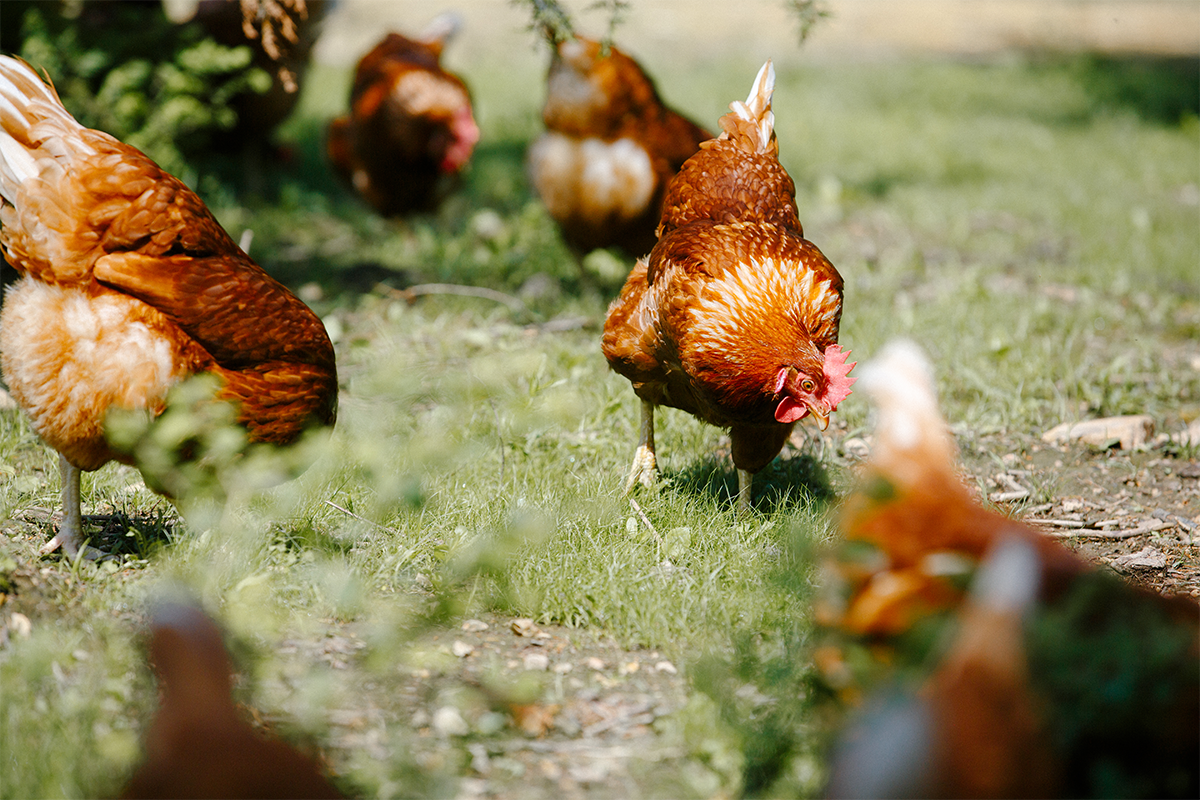
Your chickens roam through rotated pastures. Why is that important?
The ‘girls’ will forage and deplete land of vegetation. Our farms regularly rotate which sections of land the hens spend their days on, allowing time for the pasture to naturally regenerate with help from the “fertilizer” the hens had left behind.
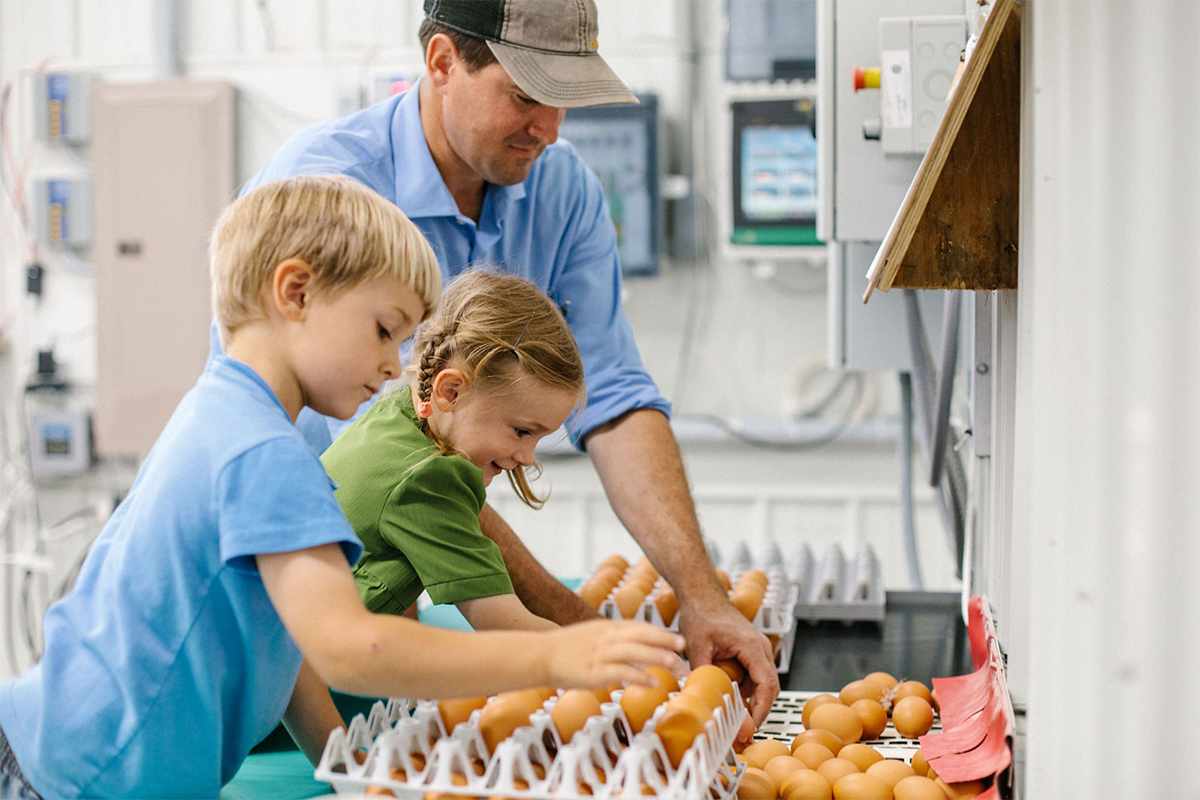
You also offer pasture-raised butter. Can you tell us about your cows and what their lives are like?
Our butter is made from pasture-raised cream. Because we focus on animal welfare, the dairies from which we source give cows access to the outdoors year-round, like our egg farms. While the cows that produce the milk for our butter eat grass out in the fields, it is not their sole diet, so we don’t make a grass-fed claim.
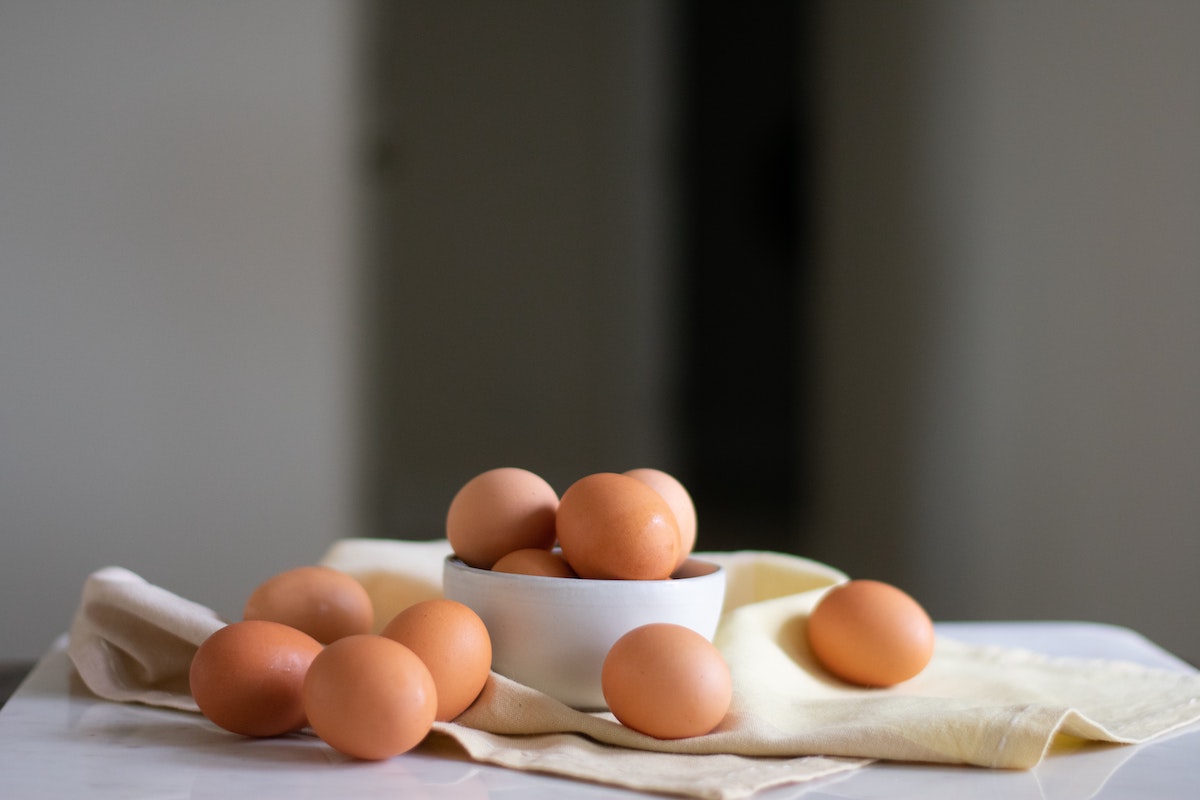
Clearly, a pasture-raised lifestyle is better for the animals. Does it make a difference with the taste or nutritional value of the eggs and butter?
People tell us they love the taste of our eggs and butter. We believe food sourced from animals with daily outdoor access creates the best quality, and that what the hens and cows eat plays a key role in the taste of our eggs and butter. Additionally, our butter is 85% butterfat which we certainly think enhances the taste and texture.
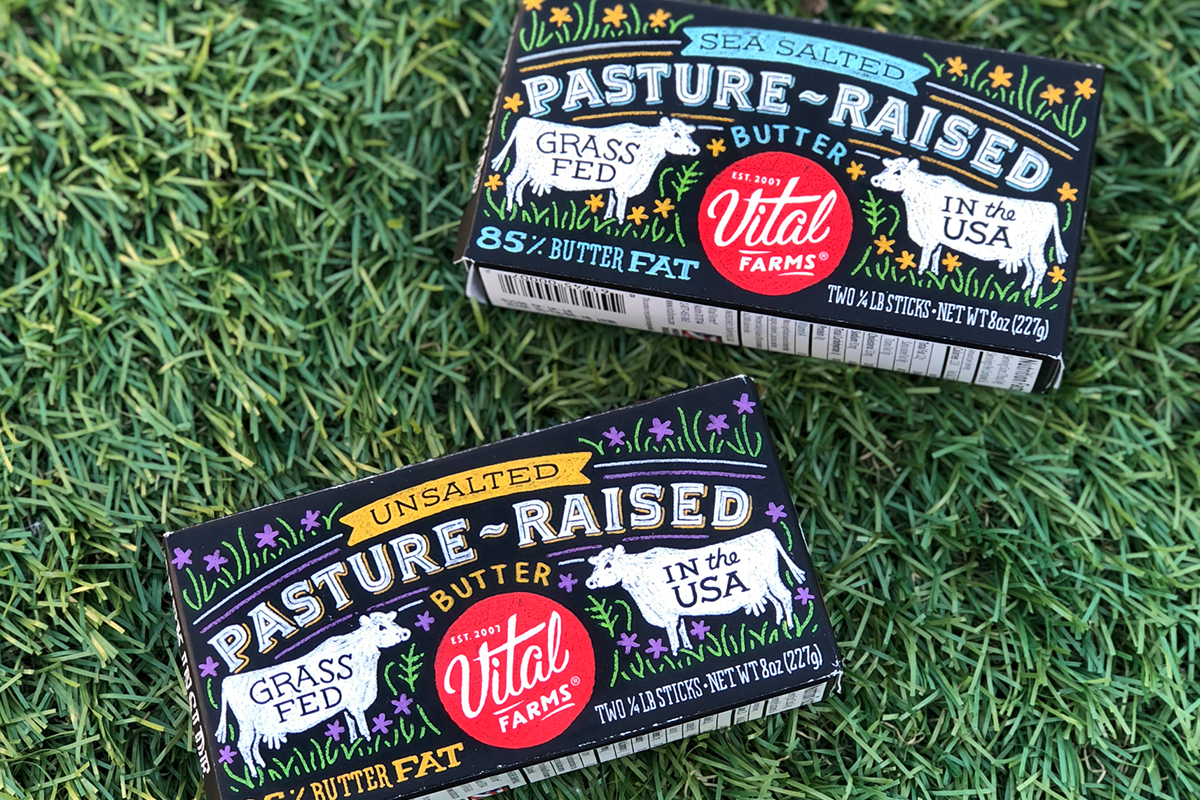
Why did Vital Farms decide to partner with other farms rather than increasing the size of its own?
Matt’s goal in founding Vital Farms was to do ethical farming at scale. Of course, simply making larger farms would lead to an industrialized system. Rather, migrated from raising our own hens to partnering with a network of approximately 200 family farms that replicate our system to ensure the same terrific standards, care and outcomes that meet our brand promise.
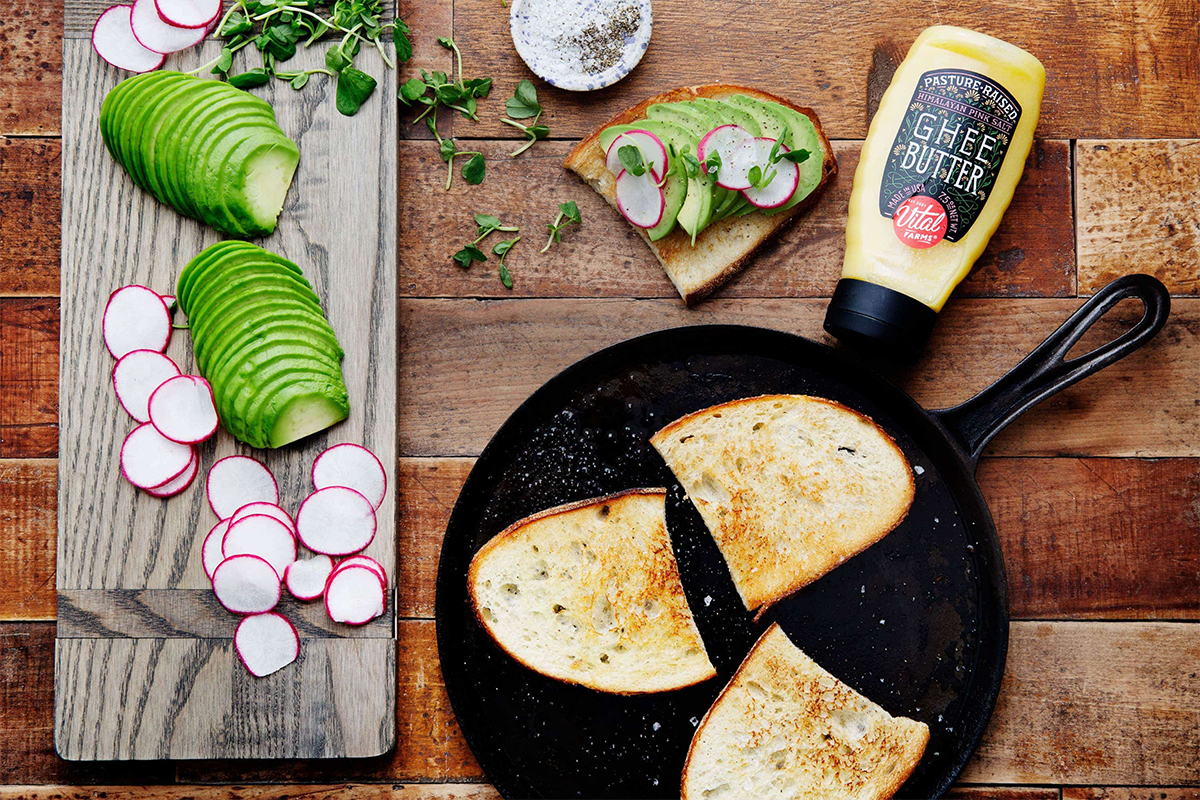
You present your eggs and butter as “Ethical Food.” What do you mean by that?
Our purpose is rooted in a commitment to Conscious Capitalism, which prioritizes the long-term benefits of each of our stakeholders (farmers and suppliers; customers and consumers; communities and the environment; crew members and stockholders). Our business decisions consider the impact on all our stakeholders, in contrast with the factory farming model, which principally emphasizes cost reduction at the expense of animals, farmers, consumers, employees, communities and the environment. These principles guide our day-to-day operations and help us deliver a more sustainable, successful business.
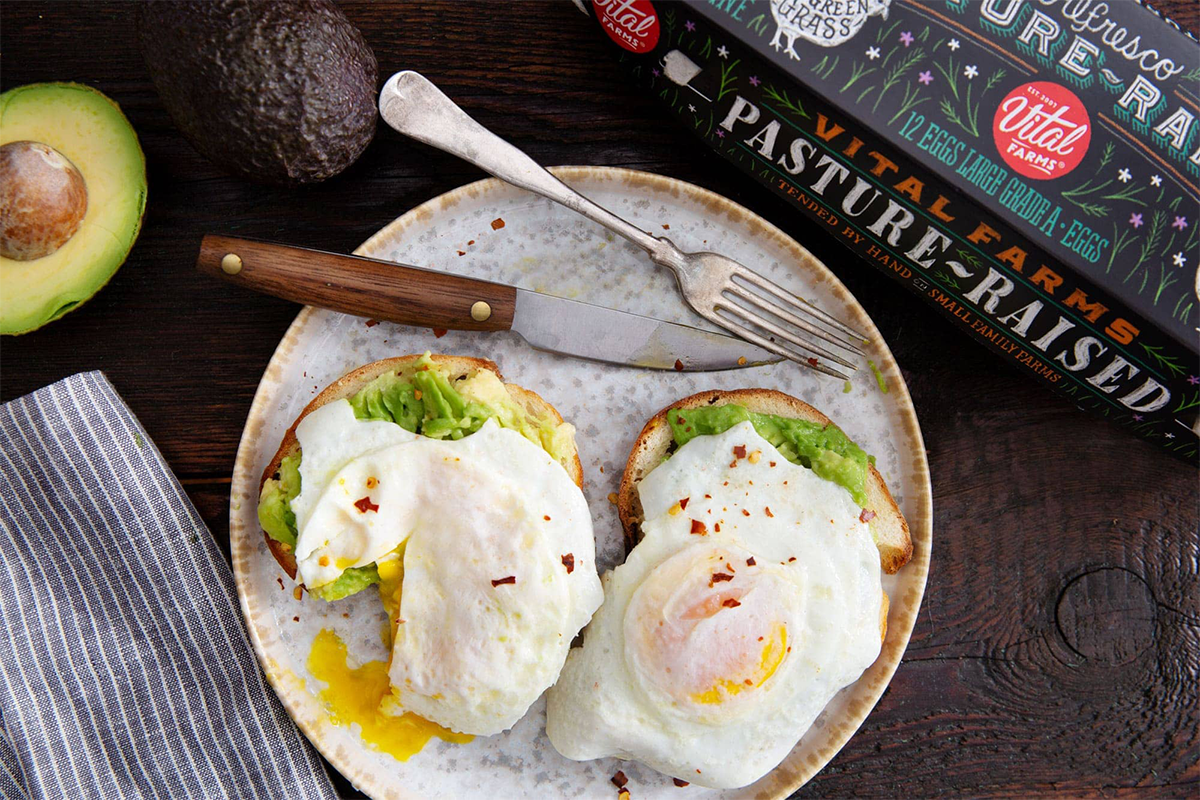
How can we end factory farming? How hopeful are you that it will happen?
Raising food ethically on small family farms can be a scalable business model, and our success to date has demonstrated this. When animals, farmers, employees and the environment are all cared for, the end product is terrific and valued by consumers. For example, a survey we conducted in November 2019 found that 31% of our consumers surveyed insist on purchasing our egg brand and would not purchase another in its place. We hope others see our success and recognize that a factory farming model is not the only route to market.

